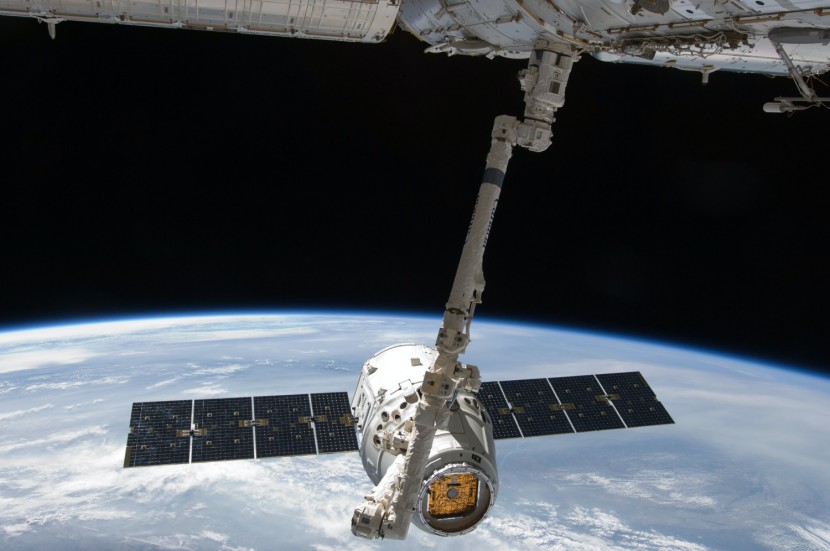
Russia announced its intention to pull out of the International Space Station by 2024 and focus on creating its own orbiting outpost in space.
The remarks were made on Tuesday by the country's new space chief and come amid high tensions between Moscow and the West over the invasion of Ukraine. The newly-appointed Yuri Borisov now leads the state space agency, Roscosmos.
Russia To Leave the ISS
In a meeting with Russian President Vladimir Putin, Borisov said that Russia will continue to fulfill its obligations to its partners before it leaves. The official noted that the decision to leave the station by 2024 has already been made.
The space chief's statement reaffirmed previous declarations by Russian space officials regarding Moscow's intention to leave the space station after 2024 when the current international agreements for its operation end.
NASA and other international partners hope to keep the space station running up until 2030, while Russian authorities have been reluctant to make commitments beyond 2024. The space agency did not immediately comment on Moscow's decision to split from the ISS, as per the Associated Press.
The ISS is jointly run by the space agencies of Russia, the United States, Europe, Japan, and Canada. The first piece of the station was put in orbit in 1998 and that outpost has been continuously inhabited for more than two decades. It is used to conduct scientific research in zero gravity and test out equipment for future space journeys.
Typically, the station has a crew of seven individuals, who spend months at a time aboard the station as it orbits about 250 miles from our planet. Currently, there are three Russian, three American, and one Italian astronauts on board.
According to CNN, after the end of 2030, the ISS would be deorbited and crashed into a remote part of the Pacific Ocean. NASA said that commercially operated space platforms would replace the ISS as a venue for collaboration and scientific research.
NASA's Future Plans
But the director of the ISS for NASA, Robyn Gatens, said that the space agency had not received any official word from Russia about the decision to split with the ISS. He said that Moscow was most likely thinking of what is next for them.
Gatens argued that Russians are probably thinking about transition after 2030 when the ISS is scheduled to be decommissioned. He noted that NASA is committed to the safe operation of the ISS and is already coordinating with its partners.
A spokesman for the National Security Council, John Kirby, said that authorities are exploring options to mitigate any potential impacts that Russia's potential withdrawal will have on the ISS beyond 2024. The State Department spokesman, Ned Price, said during a briefing on Tuesday that everyone was taken by surprise by the announcement and called it an "unfortunate development."
NASA Administrator Bill Nelson said in a statement on Tuesday that Borisov's words provide wiggle room for Russia to extend its participation beyond its current commitment. "This could be bluster from the Russians. It could be revisited, or it could come to fruition," said Phil Larson, a White House space adviser during the Obama administration, the New York Times reported.
Related Article:
© 2025 HNGN, All rights reserved. Do not reproduce without permission.








